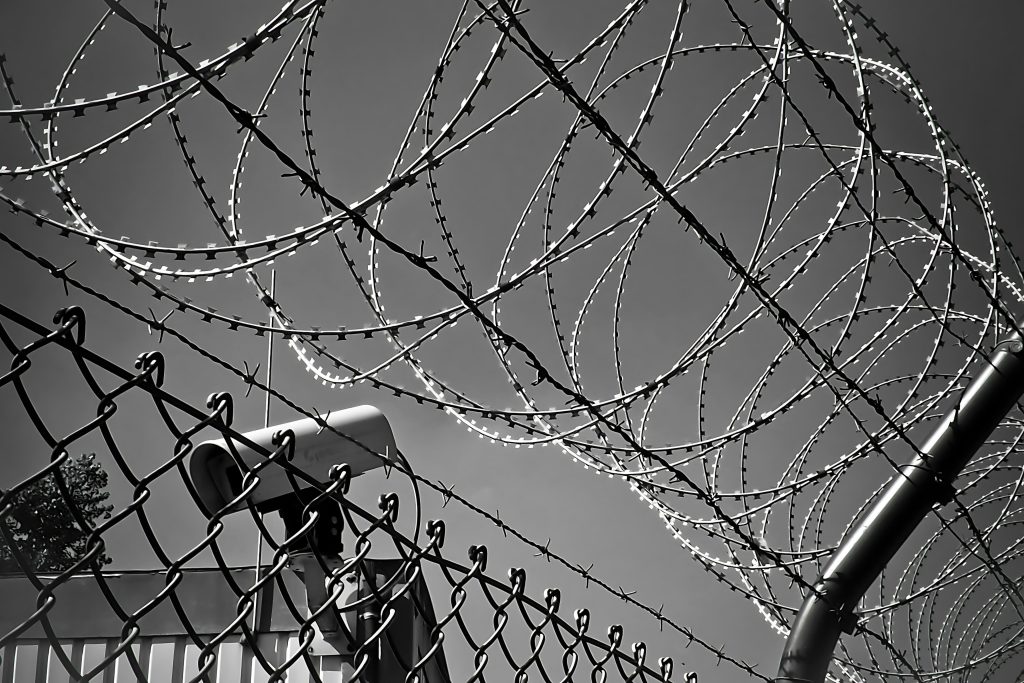In a bid to address escalating unrest in Balochistan, the federal government is expected to approve a proposal for establishing internment centres for terror suspects in the province. This move comes in the wake of a deadly series of terrorist attacks on August 26, which left over 50 people, including security officials, martyred. The outlawed Balochistan Liberation Army (BLA) claimed responsibility for the coordinated attacks across 10 districts, marking one of the deadliest incidents in recent years.
In response, the government, alongside key stakeholders, reviewed the security situation and proposed granting special powers to law enforcement agencies, including the army, allowing them to detain terror suspects for up to three months without filing an FIR or obtaining court orders. This measure is reminiscent of powers granted to security forces in Khyber Pakhtunkhwa (K-P) after the 2014 Army Public School attack in Peshawar under the Anti-Terrorism Act (ATA).
The government is considering amendments to the ATA, 1997, to extend similar powers to law enforcement agencies in Balochistan. A significant proposal under consideration involves setting up special internment centres where terror suspects can be held without court intervention, akin to those previously established in K-P. These internment centres are aimed at detaining individuals suspected of terrorism, insurgency, or militancy, who are often captured during military operations or raids.
Internment centres have been a controversial yet integral part of counterterrorism operations in militancy-affected regions such as North and South Waziristan, Swat, and other tribal areas. In addition to detention, some centres have implemented de-radicalisation and rehabilitation programs to reintegrate militants who have surrendered or been captured. However, the ability to hold detainees without formal charges or trials has drawn criticism, with concerns about potential misuse of these powers.
The government hopes that these measures will pre-empt terrorist activities and improve security in Balochistan, which has long struggled with law and order challenges. As the situation continues to unfold, authorities are weighing the balance between enhancing security and upholding legal and human rights standards.


